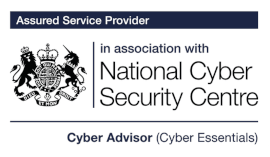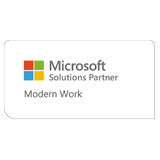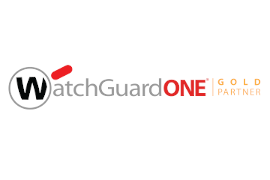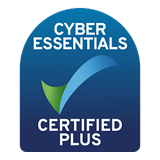Staying safe online while away from the office, on the move or abroad

When working away from the office, on the move, or even abroad, it is extra important to stay vigilant when it comes to network access. Accessing your network through unsafe means can leave you vulnerable to hackers, so make sure you understand the risks.
Public Wi-Fi
It can be very tempting to join Public Wi-Fi networks with no passwords or authentication when you are in an airport or café for example. In this scenario, you are giving power to the network you have joined to access your machine’s hardware and software in a deep way. You are “handshaking” with an unknown authority of which you have agreed to join their network. Although your Windows 10, 11 or MacOS device may have an inbuilt firewall, you cannot rely upon this as a suitable protection for you to conduct any sensitive IT operations.
Hackers may be able to position themselves between you and the connection point, meaning they receive all your information, this could include any sensitive information you’re dealing with, be that emails or credit card numbers.
Zero Trust
You can also not rely upon the security of an individual website, or the trust credentials that website boasts, for example, online banking with a secure padlock icon. You should proceed on a Zero Trust basis, meaning that you are operating without trust, and therefore you may limit the activities that could expose a risk such as any activities that use personally identifiable information (PII) such as banking information or addresses. In the worst-case scenario, you should assume that by joining a guest Wi-Fi that there are specifically going to be individuals attempting to compromise your system, so proceed on a cautious basis. Your company IT policies should be built around a Zero Trust mindset. We would strongly recommend against using any public Wi-Fi.
Tethering your mobile device
Tethering to your mobile device and instead using your mobile data can be an option when working away from the office, especially in situations when you’re not confident of the security of available Wi-Fi networks. You can often use your mobile phone to create a personal internet “hotspot” to connect to other devices such as your laptop and access the internet via your mobile’s data.
However, you should be extra careful to check mobile data charges (even within the EU) as many networks have recently re-introduced them, although you can often buy data packages to limit the cost. Windows 10/11 also have some really useful settings for restricting data usage on metered connections which you can find here.
Report any suspected cyber security attacks to your IT support company
Understanding the risks and remaining vigilant could save you from potential cybercrime. However, if you’re concerned your IT may have been compromised, it’s important you report it as soon as possible.
Our customers can report any potential attacks to our friendly and professional team. If required, one of our engineers can see if there is any unusual activity taking place on their systems and support the user/s with any necessary next steps.
If you have any questions, give us a call on 0117 325 0370 or email hello@geeks.co.uk





